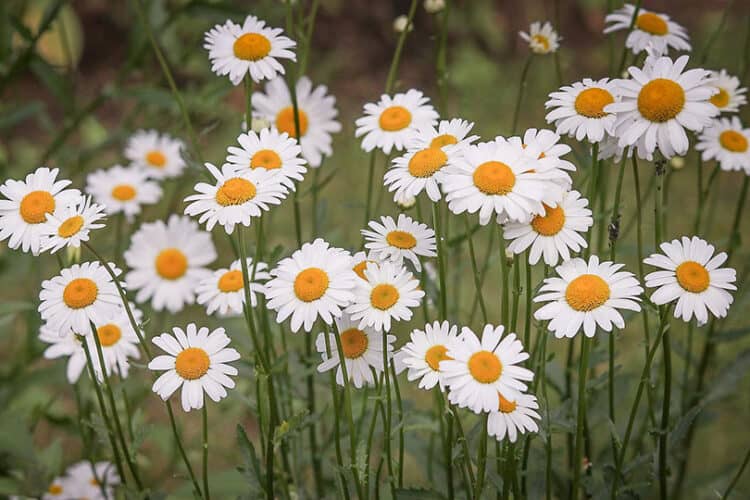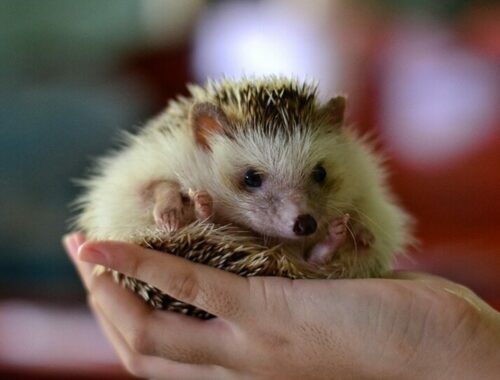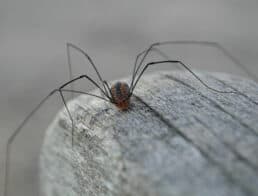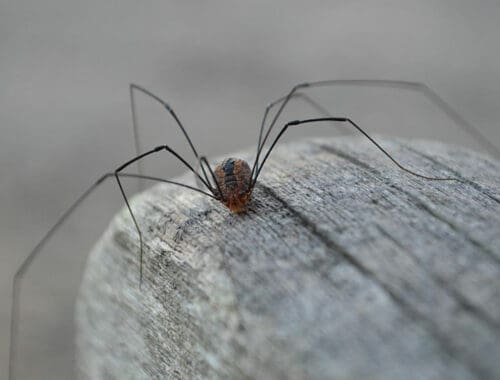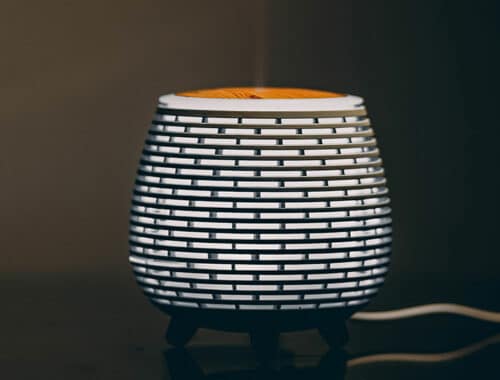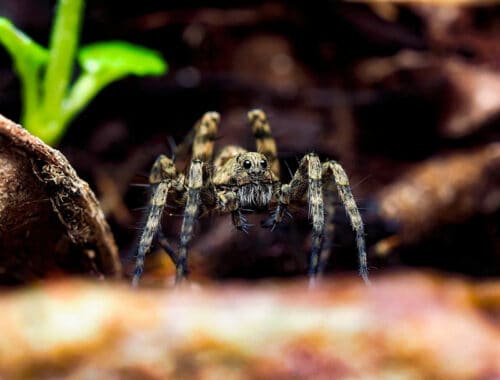Daisies are a beautiful and common wildflower that act as a stunning foreshadowing to spring. They are surprisingly hardy, so if you have a flower bed at home, don’t be surprised if you see them popping up when the weather starts getting warmer.
If you have cats, however, you might be wondering if daisies are safe to keep in your garden. Daisies, if ingested, can be quite toxic to a wide number of animals, including cats. Keep reading to learn more.
Are Daisies Toxic to Cats?
Daisies are toxic to cats. They contain several types of chemicals that can cause adverse side effects in your kitty.
Sesquiterpene is a powerful irritant that many types of plants produce as a way to ward off potential predators.
Pyrethrins are another toxin that’s present in daisies. This chemical can be absorbed into your cat’s bloodstream and affect the nervous system. This can cause a host of neurological side effects such as seizures and lack of coordination.
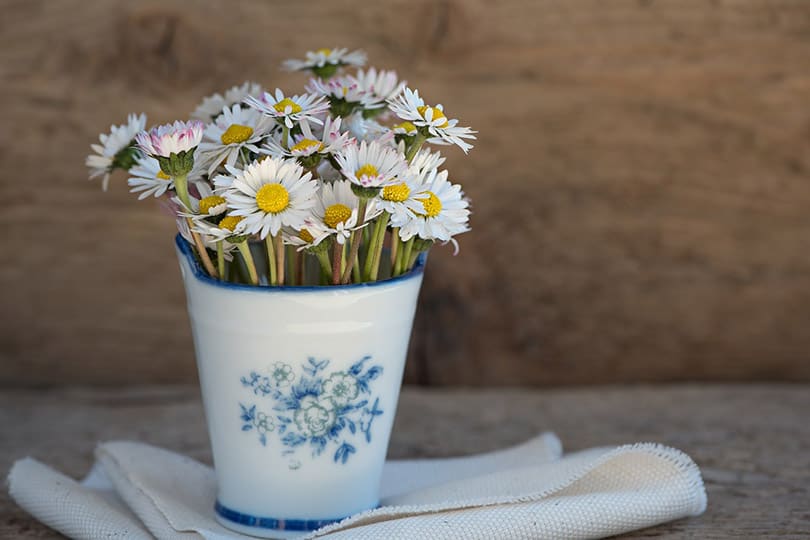
What Are the Symptoms of Daisy Poisoning?
The symptoms of daisy poisoning are rather easy to recognize.
Vomiting will begin within a few hours after your cat eats the daisy. This is their body’s attempt at trying to purge the plant’s toxins from their digestive system. While vomiting isn’t necessarily dangerous, it can lead to dehydration if it goes on for an extended period.
Some of the common symptoms of dehydration include weakness, poor appetite, and lethargy. In severe cases, your cat’s eyes may sink into their sockets.
You can combat dehydration by ensuring your cat has access to fresh and clean water at all times.
Diarrhea is another main symptom of daisy poisoning. Your cat may start losing control of their bowels, and their fecal matter may be darker in color than is usual. As with vomiting, extended periods of diarrhea can cause dehydration.
In severe cases of daisy poisoning, your cat may start bleeding internally. The hemorrhaging is usually confined mostly to your cat’s digestive tract and will be identified by blood in the feces or their vomit. Intestinal bleeding can also sometimes turn feces a black color.
If your cat has rubbed up against a daisy, it may begin having an allergic response. Some of the chemicals in the plant can cause a rash to appear where the cat came into contact with the daisy. You may notice your kitty scratching at or biting these spots as they try to find a way to relieve themselves of the itch and irritation.
As we mentioned above, the pyrethrins in daisies can cause neurological side effects if ingested. Your kitty might lose coordination and be unable to walk straight or jump as usual.
Your cat might start drooling excessively or foaming at the mouth after eating any part of the daisy plant. Drooling can also cause dehydration, so it’s advisable to offer your pet water if you notice them displaying this behavior.
What Do I Do If My Cat Ate a Daisy?
The good news is that daisy poisoning is usually very treatable.
The best course of action, if your cat has eaten any part of the daisy plant, is to have them seen by a vet. The most effective treatment is fluid therapy, as it can eliminate the daisy toxins from your cat’s body and dilute any of the chemicals that may have been metabolized into their bloodstream.
Fluid therapy can also nip dehydration in the bud.
If your pet is still not showing interest in food, your vet might suggest medication that can protect the lining of their stomach to prevent any further irritation.
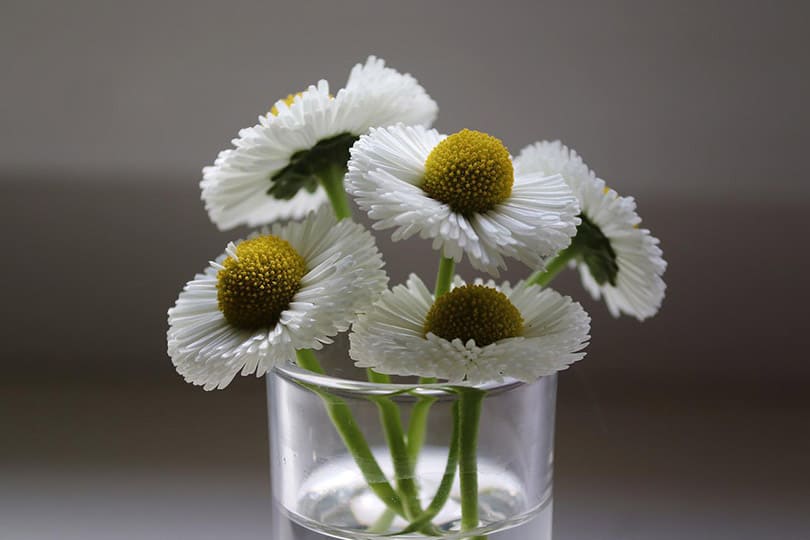
Are All Daisies Toxic to Cats?
Not all daisies are toxic to cats. If you love the look of daisies and must have them in your home or garden, there is one variety you can safely grow when you have cats around.
The ASPCA lists Gerbera daisies, also sometimes known as African daisies, as non-toxic to cats. They’re available in a wide variety of colors and variations, so they’re a great option for daisy-loving pet owners.
Conclusion
While daisies serve as a reminder that warm weather is on the way, it’s best not to grow them in your garden or bring home daisy bouquets if you have a cat in your home. If you absolutely must grow these beautiful flowers, opt for the Gerbera variety but only if you know for certain that the flower you’re planting is indeed a Gerbera and not another type of daisy.
Featured Image Credit: manfredrichter, Pixabay
